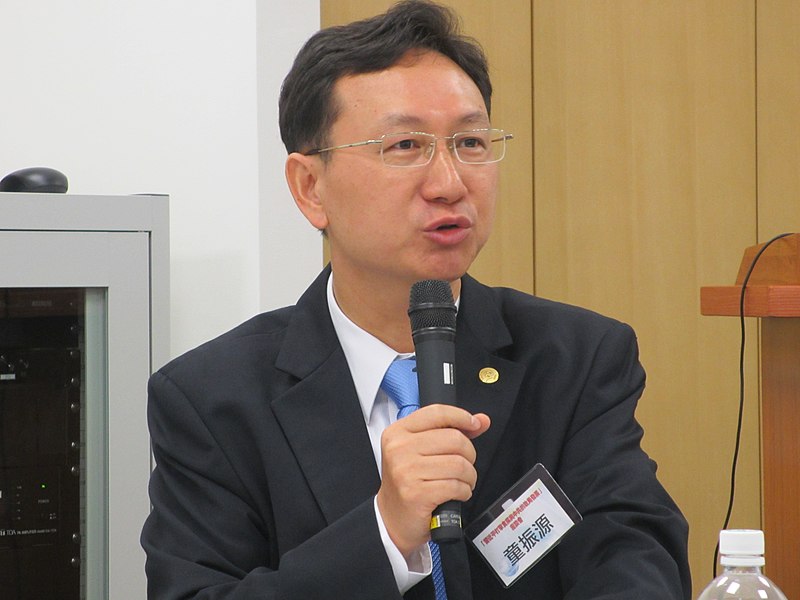Chinese Website Censors Taiwanese Scholar Because He Used The Words "Republic of China" and "President"
 |
| Tong Zhenyuan (credit: Wikipedia) |
On 18 March Tong Zhenyuan (童振源), professor at National Zhengzhi University, visiting professor at Berkeley University and ex vice committee chairperson of Taiwan's Mainland Affairs Council, was invited by the Chinese website The Paper (澎湃新闻网) to answer netizens' questions. However, about one hour after the beginning of the question-and-answer session, the broadcast was interrupted and taken down because Tong had used "sensitive words" which belong to the forbidden vocabulary of the People's Republic of China (PRC).
The Paper has a section called "Ask Questions" (問吧). Tong Zhenyuan had been invited to answer netizens' questions regarding the future of Cross-Strait relations and the possibility of peaceful reunification. Some netizens asked why young Taiwanese people endorse independence and why Taiwan does not recognise China.
Tong received over 200 questions and replied to 50 of them. However, during the session he was warned by the staff of the website not to use "sensitive words" such as "Republic of China" (中華民國) and "President" (總統).
According to the media regulations of the PRC, Taiwan cannot be called by its official name "Republic of China", and its President must be referred to as "Leader of the Taiwan Area" and not as President. Beijing claims that Taiwan is part of the territory of the PRC and does not officially acknowledge the existence of a separate state on the island.
According to Taiwanese media reports, Tong explained that president-elect Tsai Ing-wen will abide by the Constitution of the Republic of China (未來會依循中華民國憲政體制). At this point the staff of the website asked him to avoid using the term "Republic of China". Tong switched to "Taiwan", instead, but soon he was interrupted again because he had said "President". This time Tong did not comply and said that if he could not even use the word "President" it was impossible for him to continue. Afterwards the entire discussion was taken down from The Paper's website.
Comments
Post a Comment